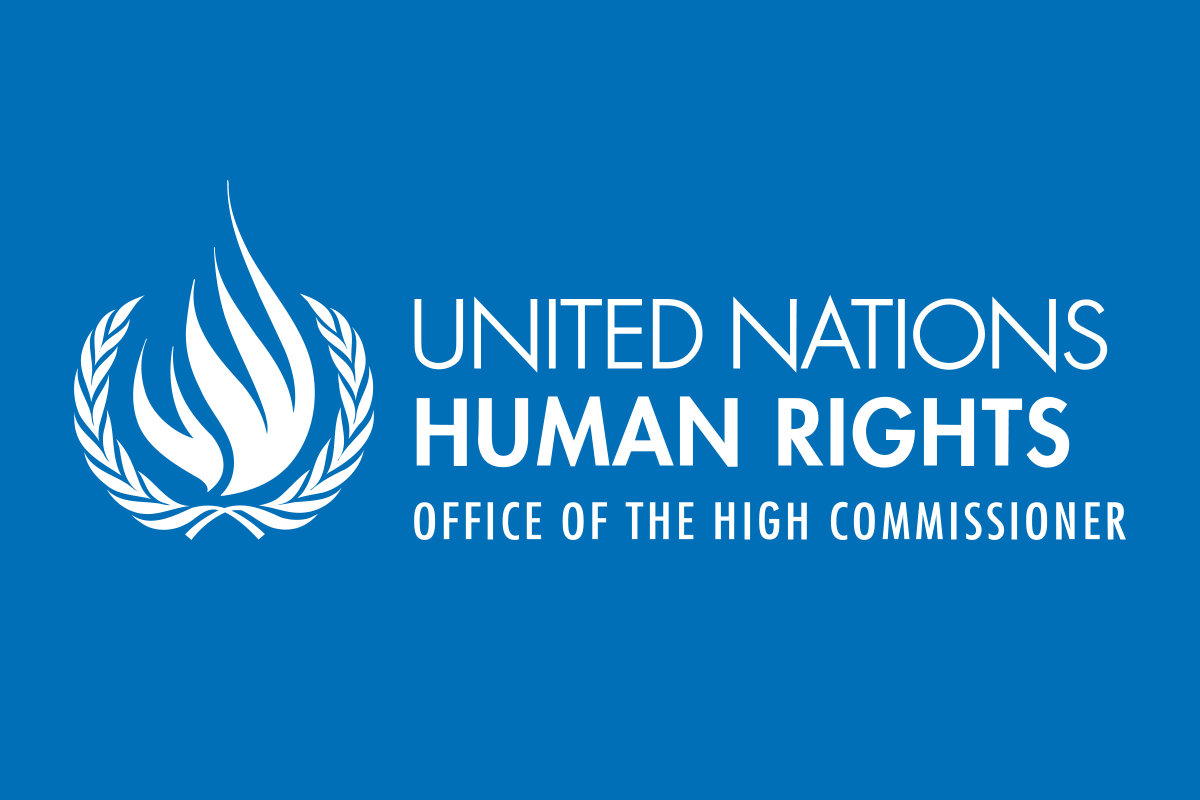
World Contraception Day, 26 September 2023
International Safe Abortion Day, 28 September 2023
Sexual and reproductive rights should be respected, particularly in situations of crisis, UN experts say
GENEVA (25 September 2023) – States must ensure the right to sexual and reproductive health, without discrimination, in particular in situations of emergency, humanitarian settings and crisis, UN experts* said today. Ahead of World Contraception Day on 26 September and International Safe Abortion Day on 28 September, the experts issued the following statement:
“We welcome the existing decriminalisation of abortion in some countries, however in many others sexual and reproductive health rights are chronically neglected or at risk of retrogression everywhere. That risk has materialised in some instances, with devastating consequences for women and girls.
“Sexual and reproductive health rights are interdependent from other human rights, including the right to life, the right to be free from torture, the right to health, the right to privacy, the right to education, the right to substantive equality and the prohibition of discrimination. These rights are also directly linked with equitable and sustainable development, the UN Secretary General’s ‘Our Common Agenda’, as well as the attainment of the SDGs, including Goal 1 on ‘no poverty’ and Goal 5 on ‘gender equality.’ And, yet, these rights are amongst the most politicised by opponents of human rights.
“As the world continues to face multiple crises, we are reminded that in situations of emergency, humanitarian or conflict settings, the risk of violations of sexual and reproductive health rights is exacerbated. Women and girls are especially vulnerable to serious harm. Young people including LGBTIQA+ persons, those belonging to marginalis ed ethnic and racial groups, displaced persons, and those facing political persecution, who are often already in vulnerable situations experience further marginalisation during crisis situations or when multiple crises converge.
“We are deeply alarmed by the spiralling situation in many countries and strongly recommend that States commit resources to ensure sustained supply of and access to modern contraceptive methods including emergency contraception, and access to legal and safe abortion. Healthcare providers must also be trained to provide safe abortion and post-abortion care services in resource constrained settings and conscientious objection must be regulated. Crisis situations can erupt unexpectedly and it is important that every person is provided with comprehensive sexuality education to be able to make autonomous decisions regarding their own body at all times.
“In facilitating access to sexual and reproductive health information, referrals and services, stakeholders must also bear in mind that digital innovation and technologies, with sufficient human rights safeguards offer important opportunities to overcome inequities. They can expand access to remote and underserved communities, and those who face societal stigma, as during the COVID-19 pandemic and could be of great support in situations of emergency, humanitarian and crisis settings. This will require investment in bridging the gender divide in access to such technologies.
“We underscore the need to promote, protect and respect sexual and reproductive health and all related rights through inclusive policy, evidence-based proposals, sustainable and well-funded services, and stewardship drawing on international human rights law and standards. We reaffirm that the key human rights principles of non-discrimination, equality, empowerment, participation and accountability must be respected. Efforts that are politically motivated and based on ideology which roll back women’s rights must be collectively denounced and defeated.
“Governments, local NGOs, UN agencies and other partners must start by addressing those most vulnerable among us to thrive to ensure we can build healthier and more just societies for all of us. Feminist movements dedicated to defending and advancing women’s human rights to bodily autonomy, and gender equality for all, should be given more recognition and support for their crucial work on the frontlines of different crises around the world.”
ENDS
The experts: Tlaleng Mofokeng, Special Rapporteur on the right of everyone to the enjoyment of the highest attainable standard of physical and mental health; Victor Madrigal-Borloz, Independent Expert on protection against violence and discrimination based on sexual orientation and gender identity; Ms. Dorothy Estrada-Tanck (Chair), Ms. Ivana Radačić (Vice-Chair), Ms. Elizabeth Broderick, Ms. Meskerem Geset Techane and Ms. Melissa Upreti – Working Group on discrimination against women and girls.
Special Rapporteurs, independent experts and Working Groups are part of what is known as the Special Procedures of the Human Rights Council. Special Procedures, the largest body of independent experts in the UN Human Rights system, is the general name of the Council’s independent fact-finding and monitoring mechanisms. Special Procedures mandate-holders are independent human rights experts appointed by the Human Rights Council to address either specific country situations or thematic issues in all parts of the world. They are not UN staff and are independent from any government or organization. They serve in their individual capacity and do not receive a salary for their work.
SOURCE: OHCHR Press Release, 25 September 2023



